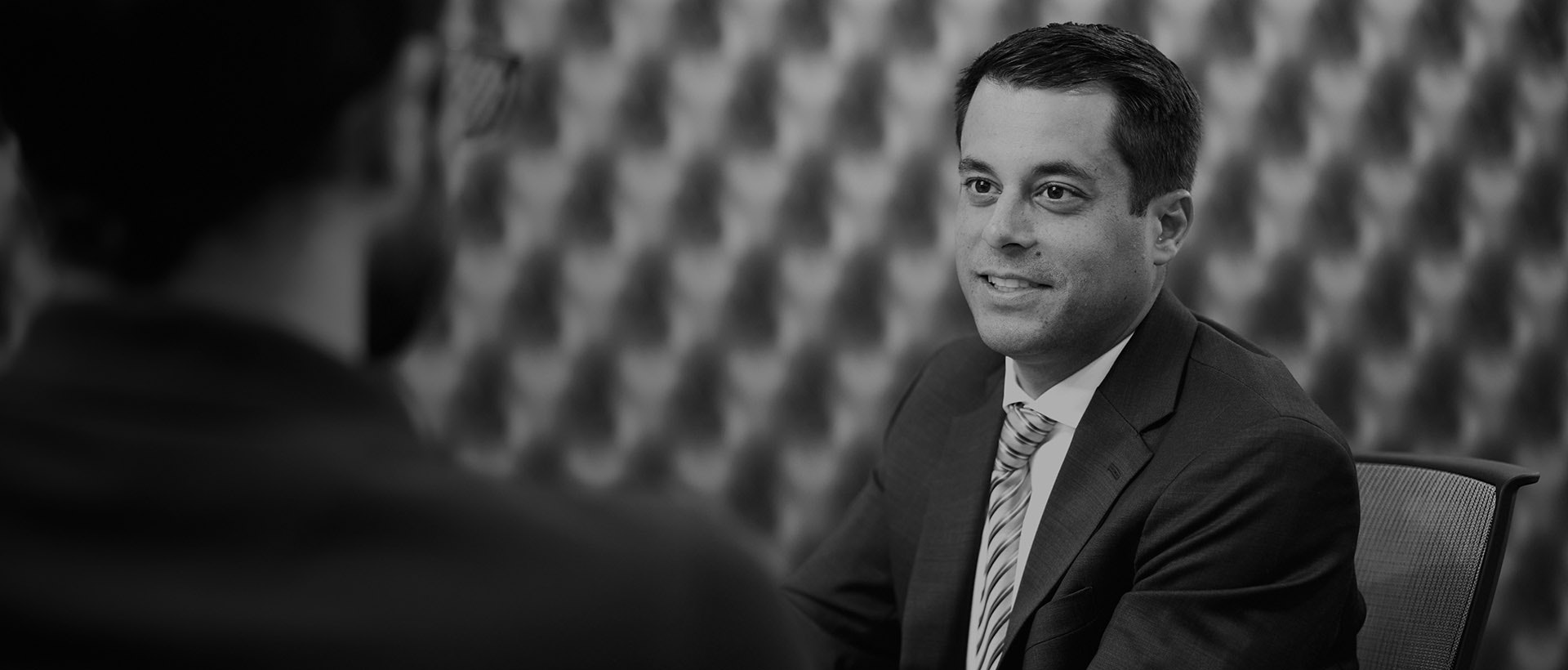In New York, Errors & Omissions (E&O) insurance—also referred to as professional liability insurance—is a critical safeguard for professionals across finance, law, real estate, design, and consulting. These policies are governed by New York contract law and are interpreted using the “plain language” rule: courts strictly enforce the terms of the policy but resolve ambiguous language in favor of coverage when warranted by the facts (Matter of Mostow v. State Farm Ins. Cos., 88 N.Y.2d 321 (1996)). New York also recognizes both first-party bad faith and third-party claim handling violations. While the bar for punitive damages is high, insurers who act in gross disregard of their duties may face liability for consequential damages beyond the policy limits (Bi-Economy Mkt., Inc. v. Harleysville Ins. Co., 10 N.Y.3d 187 (2008)).
Why Do Insurers Deny E&O Claims?
E&O insurers in New York frequently deny claims using broad and often questionable interpretations of policy language. Common denial strategies include:
- Invoking exclusions for fraud, criminal acts, or willful misconduct
- Arguing the insured had prior knowledge of the issue
- Claiming damages are intangible or reputational only
- Disputing the scope of services or the type of error alleged
- Asserting the claim was not reported properly or timely
Our attorneys cut through this legal posturing to hold carriers accountable for bad faith conduct and contract breaches.







